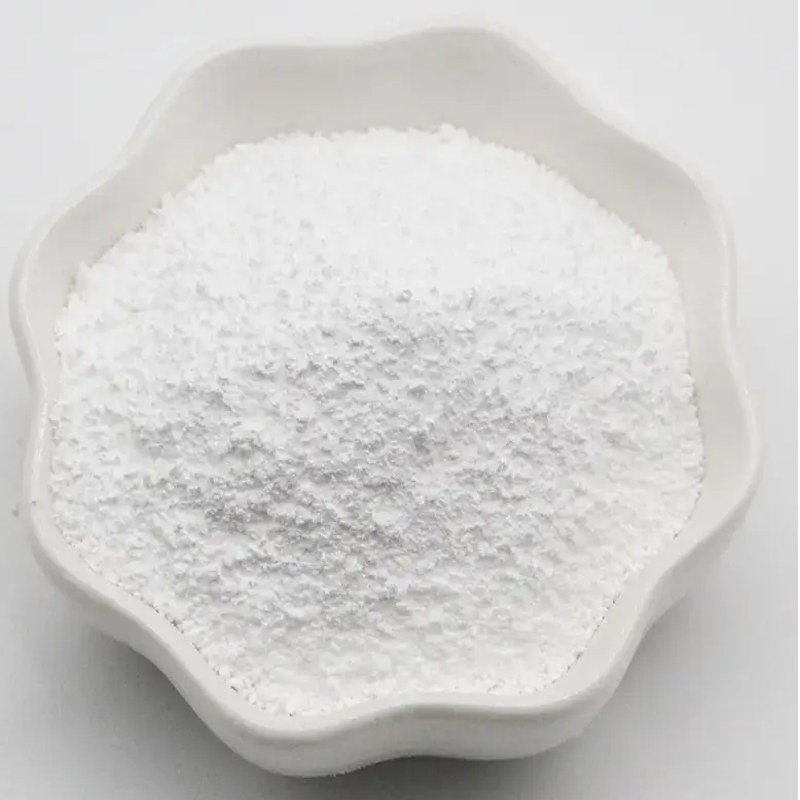-
Categories
-
Pharmaceutical Intermediates
-
Active Pharmaceutical Ingredients
-
Food Additives
- Industrial Coatings
- Agrochemicals
- Dyes and Pigments
- Surfactant
- Flavors and Fragrances
- Chemical Reagents
- Catalyst and Auxiliary
- Natural Products
- Inorganic Chemistry
-
Organic Chemistry
-
Biochemical Engineering
- Analytical Chemistry
- Cosmetic Ingredient
-
Pharmaceutical Intermediates
Promotion
ECHEMI Mall
Wholesale
Weekly Price
Exhibition
News
-
Trade Service
On September 20th the Wall Street Journal published a report entitled "How to achieve group immunization to contain the outbreak of neo-crown pneumonia".
is now excerpted as follows: The concept of mass immunization is at the heart of global vaccination efforts and the next step in the fight against the new coronary pneumonia pandemic and the recovery of the economy.
public health authorities estimate that about 60 to 70 per cent of people in a particular population need to be immune to the new coronavirus in order to achieve group immunity.
epidemiologists and mathematicians now say that before that there may be a population effect, possibly close to 50 percent, suggesting that potential protection can be achieved more quickly.
, however, infectious disease experts are adamantly warning against attempts to immunized against the new coronavirus without vaccination, as this will result in an alarming loss of life and is unlikely to occur any time soon.
even if there is a vaccine, there will still be obstacles to achieving group immunization.
is an ongoing process," said Saad Omar, director of the Institute for Global Health at Yale University.
you may start to see (one effect) before this critical point, but the other problem is that there may be small outbreaks.
"That's not to say that once group immunization is achieved, we won't have new coronary pneumonia, " he said.
"human immune thresholds are mathematically dependent on the infectious nature of the virus, that is, how many more people each infected will infect - also known as the basic number of regenerations."
scientists used this figure and an equation proposed by two Scottish epidemiologists nearly a hundred years ago to calculate the population immune threshold.
, for example, measles is highly contagious.
its basic regeneration is between 12 and 18, and its population immunity threshold is 90 to 95 percent.
for the new coronavirus, the basic regeneration is estimated to be between 2.5 and 3, meaning a group immunization threshold of 60 to 70 per cent.
fact, people come together and interact only with certain people.
age, work, social networking, and even an individual's biological response to infection can affect a person's position on a disease-transmitting network.
epidemiologists say that if people who are more likely to transmit the virus gain early immunity, whether through infection or vaccine, then it is possible to begin to experience a decline in transmission earlier.
strongly recommends not relaxing restrictions A group of researchers estimates that the threshold for new coronavirus may be as low as 10 to 20 percent, although many epidemiologists say this is unlikely.
Murray, director of the Institute for Health Indicators and Evaluation at the University of Washington, said his team estimates that the threshold for group immunization is between 50 and 80 percent.
Paul McGeegg, professor of genetic epidemiology and statistical genetics at the University of Edinburgh in Scotland, said that if lower estimates of group immunity were correct, governments should consider policies to protect high-risk groups such as the elderly from the virus while easing restrictions on others.
, most infectious disease experts strongly recommend not doing so, as it is unclear how the government will protect more vulnerable people from the virus.
"If we're talking about allowing the disease to develop naturally (and) infect a large number of people, then fundamentally, what we're talking about is that the public health system is not functioning as it should," said Nadia Abrezam, an infectious disease epidemiologist at Boston College in the United States.
we're going to have a lot of deaths, and we're going to have a lot of cases, " he said.
epidemiologists say that even if the group population does have some protective immunity, the virus can easily jump into groups that are not exposed to the virus, especially if restrictions are relaxed and people are likely to start socializing and traveling more.
, a biostat statistician at the University of Florida who specializes in infectious diseases, says changes in behaviors such as wearing masks and keeping social distance are more likely to explain the decline in cases where case growth is slowing.
, for example, Sweden has not vigorously imposed a blockade, but still prohibits gatherings of more than 50 people, as well as other restrictions and voluntary guidelines.
preliminary survey conducted in May by the Swedish Public Health Agency showed that only 6.7 per cent of people aged 20 to 64 and 2.7 per cent of those aged 65 to 95 had antibodies.
sweden also has the highest per capita mortality rate in Northern Europe.
is not clear about the effectiveness of immune protection: infectious disease experts aren't sure how long immunity to the virus will last, or how often they'll be re-infected.
may provide some protection from past exposure to other coronavirus, although the effects of this protection are unclear.
for diseases such as measles, mumps and polio, group immunization is indeed achieved through vaccination campaigns.
said the U.S. Food and Drug Administration may approve a new crown vaccine by the end of the year, but that is likely to be delayed until 2021.
even if it is possible to get the vaccine, there is growing concern that some Americans do not want it.
how many people need to be vaccinated to help achieve group immunization also depends on the effectiveness of potential vaccines.
FDA has said it will approve a vaccine that is 50 percent or more effective.
, director of the U.S. National Institute of Allergy and Infectious Diseases, said: "With good vaccines and good public health measures, we may be able to get rid of this outbreak of the virus."
all this will be over and we will be able to get back to normal.
"Xinhua News Agency Client Source: Xinhua News Agency Client Copyright Notice: All text, images and audio and video materials that indicate "Source: Mets Medicine" or "Source: MedSci Original" are owned by Metz Medical and may not be reproduced by any media, website or individual without authorization, and shall be reproduced with the words "Source: Mets Medicine".
all reprinted articles on this website are for the purpose of transmitting more information and clearly indicate the source and author, and media or individuals who do not wish to be reproduced may contact us and we will delete them immediately.
reproduce content at the same time does not represent the position of this site.
leave a message here.







